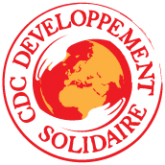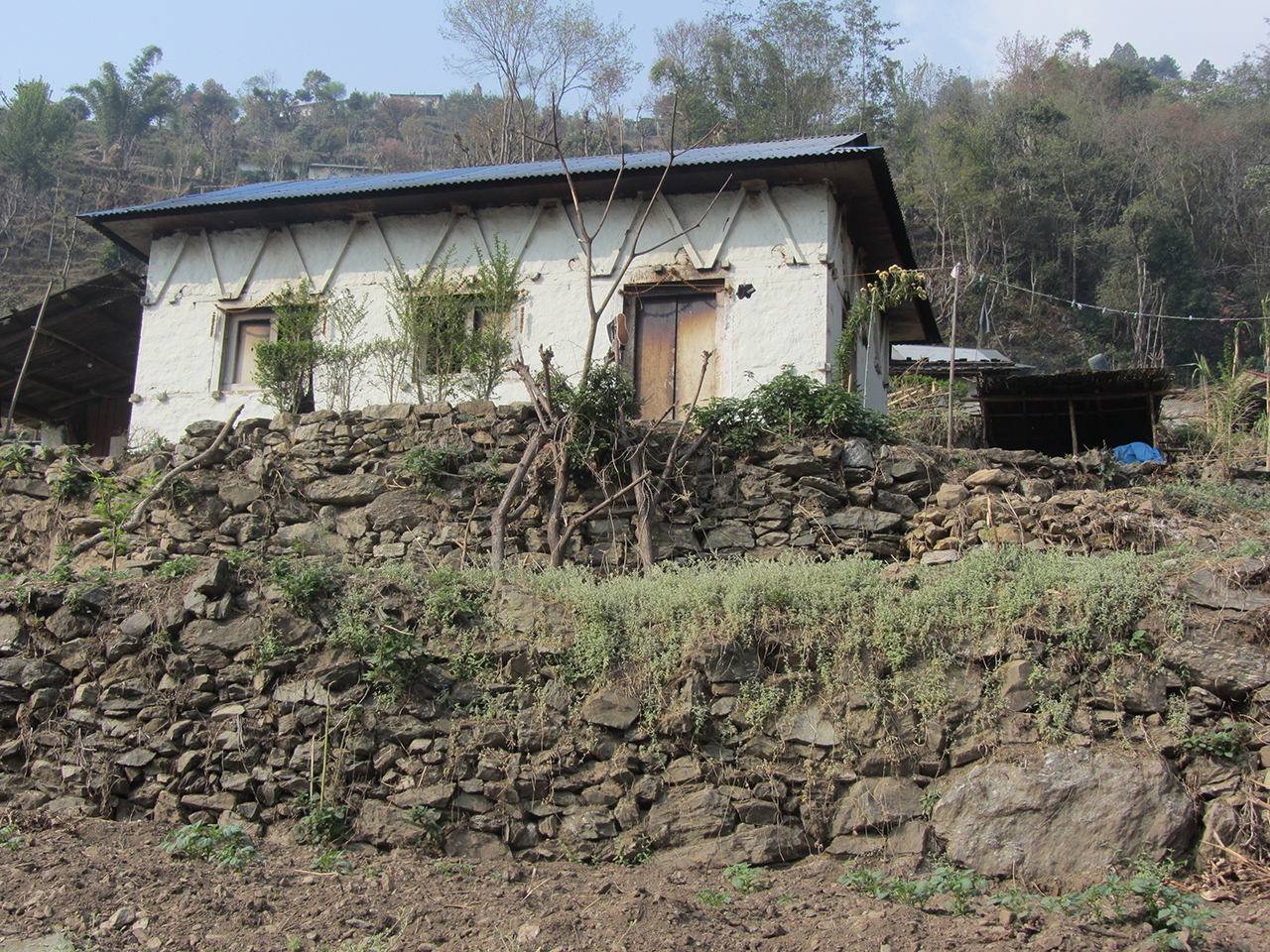Earthquake-resistant buildings
Five poor families in this village, including a widow and a disabled person, now have decent, earthquake-resistant housing
of around 30 m2. (See photos of the five houses)
In addition, the association, through the intermediary of a French building technician, has trained a team of
masons and carpenters in earthquake-resistant construction techniques using local materials (stone and wood).
local materials (stone and wood).
Two other houses in the village, with no support from the association, have already adopted this seismic-proofing method.
(see photos, one of which is currently under construction).
The site managers: project manager, head carpenter and head bricklayer have written a letter of thanks for the technical and financial help they received from the association.
thanking them for the technical and financial help they had received.
Our association ANUVAM warmly thanks the “CDC développement solidaire” for its support, as well as our very efficient local correspondents for directing the workcamps, providing accounting information and photographs, and passing on the thanks of the community of this Nepalese village.
Cereal mill
This mill, installed on a torrent, is a water-powered mill, which means that you don’t have to transport and buy the fuel used for motorised mills. It is therefore an economical and ecological mill (see photos of the millstones in action).
The mill, which can grind up to 100 kg of grain a day, has two uses. Firstly, it is used by farming families from different hamlets who come once a week to grind grain from their own harvest. Secondly, it helps to reintroduce the use of local cereals, millet, maize, wheat, buckwheat and soya, which form the traditional diet of these families to the detriment of rice, which they would have to buy. (Detailed report on the mission)
The mill is also used by the recently created local cooperative “Dudhkosi Organic agricultural multipurpose”, which can use it to grind maize grains to feed a poultry farm.
Users pay a small fee, which generates revenue of €135 per month. This funding ensures that it will continue to operate in the future.
Fish farm
A local private fish farm has recently been set up on the mill reach to produce freshwater fish such as trout. It is attempting to move on to pond breeding.
In the traditional economy, fishing in the Dudhkosi river has always been a source of supplementary food. (see mission report and photos)



